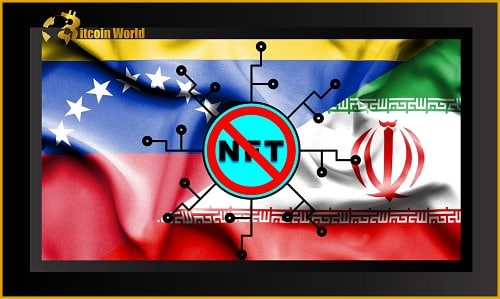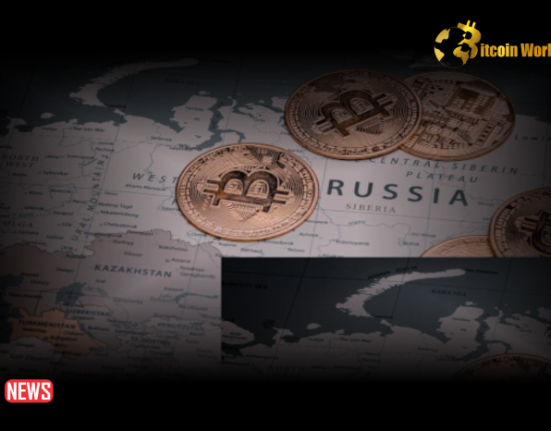In the wake of a rising discussion over international sanctions and Russia’s invasion on Ukraine, accounts belonging to OpenSea users with Iranian IP addresses have been terminated.
As pressure increases on prominent cryptocurrency exchanges like Coinbase, Kraken, and Binance to block access to their platforms to all Russian individuals and financial entities, other major players in the crypto sector are taking notice and addressing potential gaps in their sanctions adaption mechanisms.
This problem affects more than just cryptocurrency exchanges. OpenSea, a US-based NFT platform, has also had to adapt to the shift in emphasis toward digital assets.
Iranians Blocked By OpenSea
OpenSea began blocking Iranian users on Friday, according to multiple testimonies from collectors and artists who have recently been unable to access the program. Traders who were displeased with the surprise measures took to Twitter to vent their displeasure.
OpenSea confirmed that it does indeed prohibit users from entering sanctioned areas:
“Access to our services – including purchasing, selling, or transferring NFTs on OpenSea”
“– is prohibited for individuals and locations on the United States’ sanctions list,”
S, an OpenSea official CoinDesk in a statement.
“We have a zero-tolerance policy for sanctioned individuals or entities,”
“as well as those residing in sanctioned nations,” the spokesman adds
The pressure on bitcoin exchanges, on the other hand, has intensified. The White House National Security Council and the US Treasury Department issued an order to the major bitcoin exchanges this week.
The Biden administration has instructed bitcoin exchanges to ensure that
“Russians do not use cryptocurrency as a method of escape,” according to the instruction.
In the case of OpenSea, more than five Iranian OpenSea customers have reported the cut-off, with three of them admitting to using the service while in Iran. Nima Leo Photos announced on the platform that their image collection is no longer available to see.
Venezuela too
When Arman, an OpenSea user from Iran, attempted to enter the marketplace, he received a “Error 404”. Arefeh Norouzii, meanwhile, claimed that their verified account had been taken down “without cause” early Friday.
In the meantime, access to the developer tool Infura, which aids in the creation of decentralized applications such as trading platforms and games, has been prohibited in Venezuela.
As a result, MetaMask, one of the most popular wallets and user interface tools for connecting to such apps. Of course, has become unusable.
In a blog post published at 12:00 Eastern Time, MetaMask hinted at the suspension. Then, stating that users in specified sanctioned locations may encounter error messages when attempting to access the wallet.
Related Posts – Ferrari joins the NFT universe through a collaboration with a Swiss…














